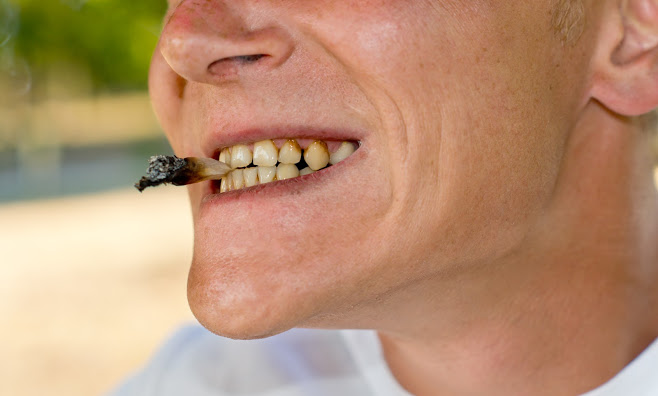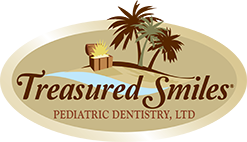How Tobacco Destroys Your Mouth

Despite the alarming and proven harmful effects of tobacco, many Americans continue to smoke cigarettes and use tobacco products like chew. Unfortunately, like many bad habits, tobacco consumption can hurt every part of your body, including your mouth and oral health. If you smoke or chew tobacco, learn how tobacco can destroy your mouth.
It Causes Tooth Stains
If you smoke, one of the first oral effects you may notice is stained teeth. When you smoke (or vape), you are inhaling nicotine. Normally, nicotine is colorless, but once it combines with oxygen, it becomes an ugly yellow, which can change the color of your teeth. Depending on how much you smoke, the stains can start to look brownish.
Luckily, treating these stains is easy: tooth whitening. Professional in-office or take-home trays are your best bet to quickly and effectively whiten your teeth. However, if you continue to smoke or use tobacco, the stains will continue to reappear, so you'll need to whiten your teeth again and again to keep them looking good.
It Reduces Saliva Flow
The saliva in your mouth serves a valuable purpose. Made from about 98 percent water, saliva helps wash away bits of food and plaque so you don't have to brush and floss after everything you eat or drink. Reduced saliva flow is common and can be caused by many things, including genetics and certain medications.
However, tobacco use will also reduce saliva flow, which means plaque and bacteria remain on your teeth and gums for longer. This increases the risk of decay, but it also drastically increases your risk of gum disease. Stopping smoking is the best treatment, but in the meantime, you should drink lots of water and rinse your mouth out several times a day.
It Restricts Blood Flow
Tobacco also affects your cardiovascular system by restricting blood flow, including the blood to your gums. This makes it harder for your gums to heal because they aren't getting enough oxygen or nutrients from your blood. As a result, if you don't keep your teeth clean, you can easily irritate your gums, leading to gum disease.
Thanks to the restricted blood flow, you may have a hard time reversing the disease without help from your dentist. The first thing you'll want to do is stop smoking. If you don't, treatments may fail. For example, getting a gum graft to repair worn gum tissue may not work because your gums can't heal well because of the reduced blood flow.
It Increases the Risk of Many Types of Cancers
Last, but not least, tobacco use increases the risk of many types of cancers. When it comes to smoking and cancer, most people think about lung cancer because people who smoke are 15 to 30 times more likely to get lung cancer or die from it. However, tobacco increases the chance of many oral, head, and throat cancers too, such as oral cavity cancer, laryngeal cancer, esophageal cancer, and many others.
The rest of your body can also be affected as other cancers linked to smoking include acute lymphocytic leukemia, bladder cancer, cervical cancer, colon cancer, kidney cancer, liver cancer, stomach cancer, and pancreatic cancer. The best way to reduce your risk of cancer is to just stop smoking immediately.
There are many ways you can sabotage your oral health, but smoking or using tobacco products is one of the worst things you can do for your overall and oral health. While some side effects can be fixed without quitting, stopping smoking is the best treatment. For more information regarding smoking and oral health, contact us at Treasured Smiles Dentistry today.
